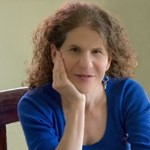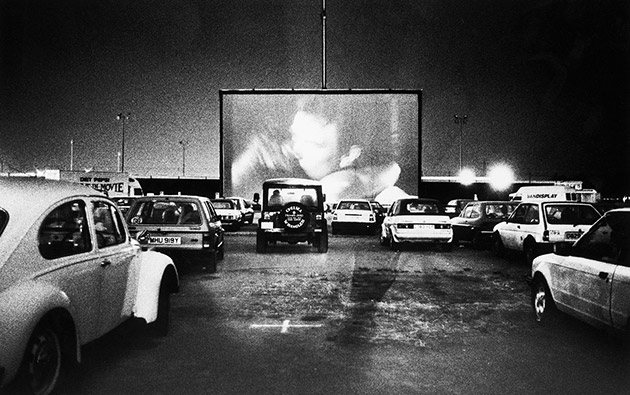Desire is the writer’s best friend. When you know what your main character wants, you have your entire story. When someone wants something–badly–he or she will get up off the couch and try to attain it. The object of desire might be a new winter coat (“The Overcoat” by Gogol), a boy (“City of Boys” by Beth Nugent), money for a family member’s medicine (“King of the Bingo Game” by Ralph Ellison), a business contract (“Like a Bad Dream” by Heinrich Boll)–it doesn’t matter, as long as the desire is concrete and the character can pursue it. The character’s desire not only will fuel the story’s prose, the fact that your character wants that thing will make him or her interesting (in some ways, desire is character) even if he or she isn’t “likable” (think of Humbert Humbert).
The desire will create suspense (will he or won’t he achieve his desire?) and provide your story with a simple, easy-to-follow structure. What’s the first thing someone who wants that object of desire might do to attain it? What if that doesn’t work? (A big advantage: Getting your character out of his head and out of the house and in contact with other characters.) The story’s turning point will be the scene in which the character either achieves his desire–or realizes he never will. And the final paragraph? Having achieved or not achieved his desire, what is the character thinking or feeling?
Here’s the exercise: Imagine you are your main character (or just write from your own perspective). What do you really, really want? Now, start talking about that object of desire. Don’t keep saying, “I want X, I want X, I want X” Rather, just talk about the thing you want, in all its desirable specificity. Let yourself get caught up in all that wanting. If you get stuck, reread the first few paragraphs of Lolita.
 Eileen Pollack is the author of Breaking and Entering; The Rabbi in the Attic And Other Stories; In The Mouth; Paradise, New York; and Woman Walking Ahead: In Search of Catherine Weldon and Sitting Bull. She lives in Ann Arbor and is a member of the faculty of the MFA Program in Creative Writing at the University of Michigan.
Eileen Pollack is the author of Breaking and Entering; The Rabbi in the Attic And Other Stories; In The Mouth; Paradise, New York; and Woman Walking Ahead: In Search of Catherine Weldon and Sitting Bull. She lives in Ann Arbor and is a member of the faculty of the MFA Program in Creative Writing at the University of Michigan.
- Get lost in our archives of “Get Writing” prompts.






